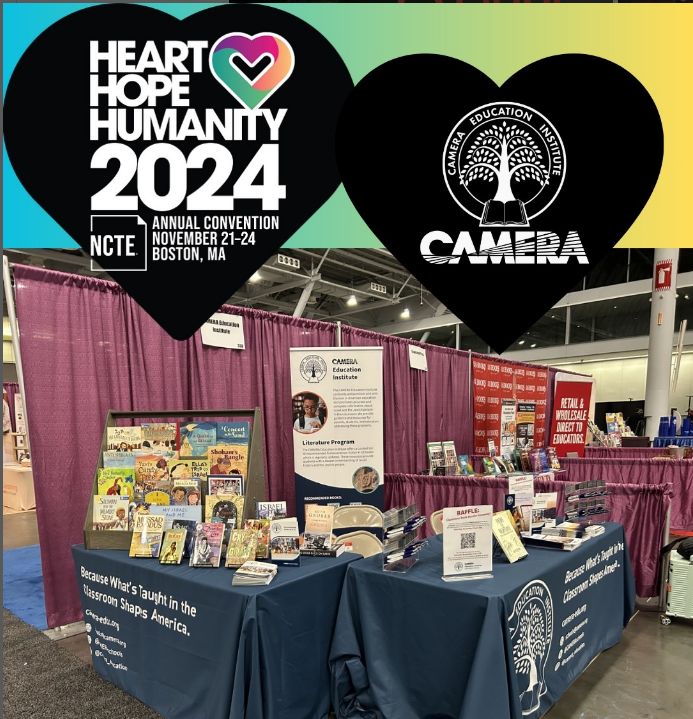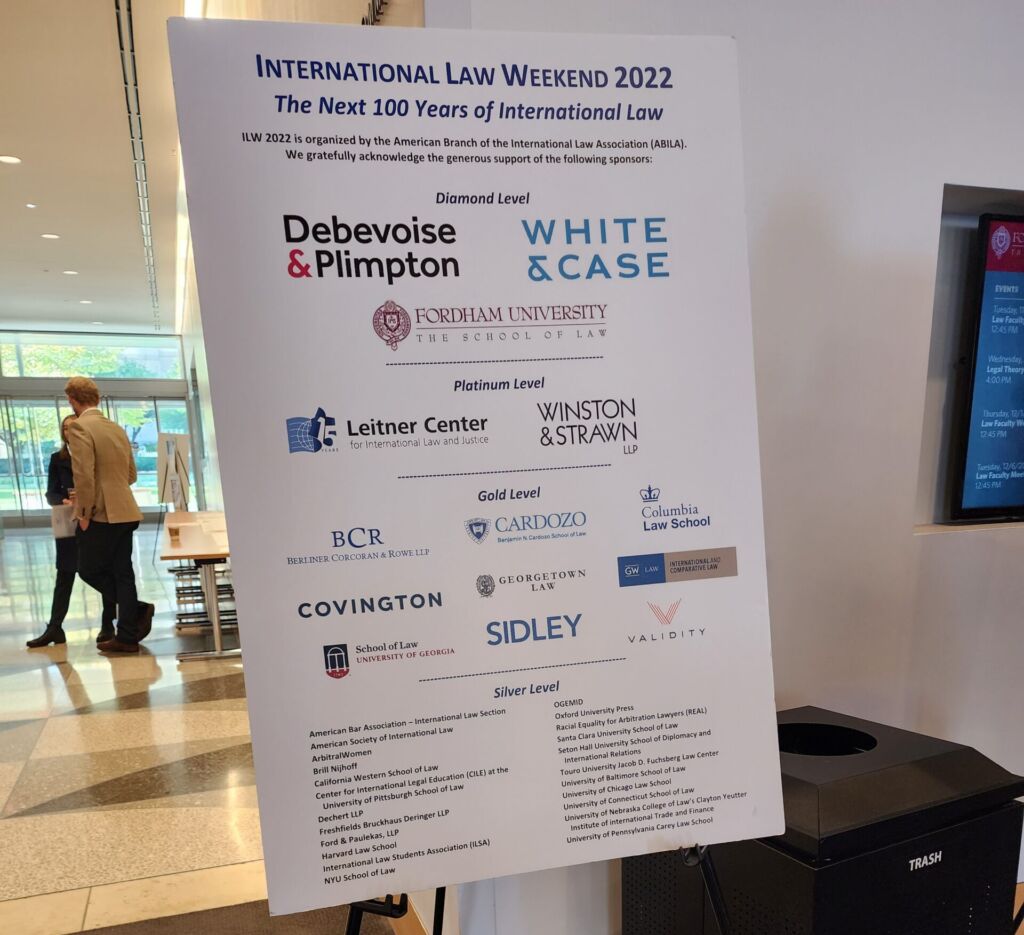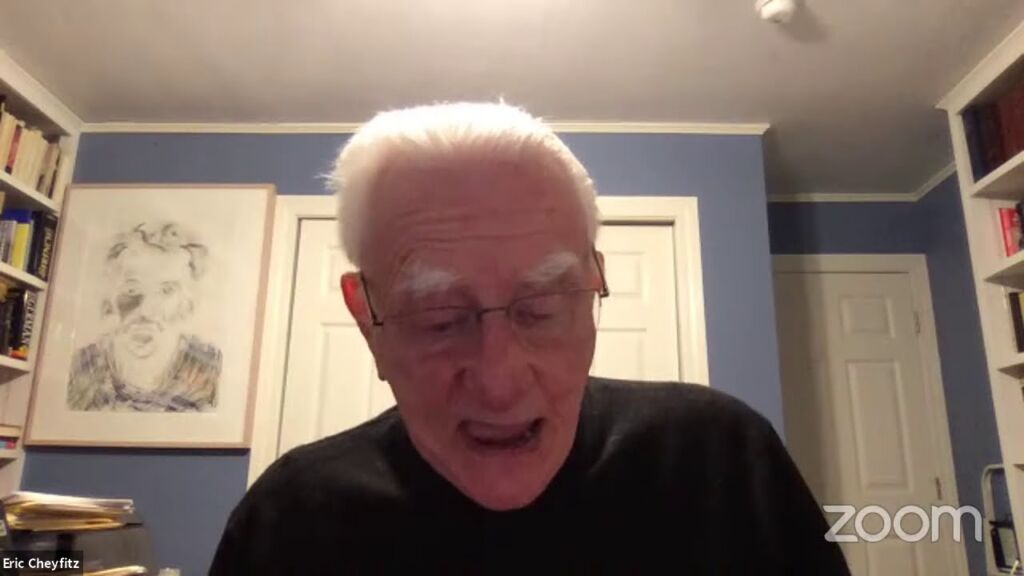Radicals Tried and Failed to Expel CAMERA From A Teachers’ Convention
A call for book-burning at this year’s National Council of Teachers of English (NCTE) annual convention has laid bare a growing effort by anti-Zionist activists to control, by whatever means, the narrative on topics they consider contentious.
The shocking proposal came from Sawsan Jaber, an English department chair and member of NCTE’s Committee Against Racism and Bias in the Teaching of English (CARBTE). During a panel discussion titled “Let’s Talk About Palestine,” Jaber advocated for abandoning and even burning books she deemed ideologically incompatible with her views. She cited The Kite Runner by Afghan American author Khaled Hosseini, which she claimed inflicted “curriculum violence” because the author is “not an Arab” and “not a Muslim,” although, in fact, he identifies as a secular Muslim.
The same activists had campaigned aggressively to pressure NCTE into cancelling the inclusion of CAMERA in the convention. They issued defamatory, false claims about CAMERA, which they alleged threatens their safety. However, an NCTE investigation of the accusations found no evidence to support them and the conference proceeded with the CAMERA Education Institute (CEI) as a participant.
At the heart of the activists’ grievances was CEI’s mission to highlight positive, true-to-life representations of Israel and Jewish identity in children’s literature with an exhibit of books selected by the organization’s literacy specialists and teachers. The opposition escalated through a public petition condemning CEI as “racist and predatory,” a narrative echoed during multiple panel discussions.
 The “Let’s Talk About Palestine” panel itself showcased the activists’ intolerance of views different from their own. It began with the screening of an anti-Israel video produced by the radical Jewish Voice for Peace, a group that opposes the existence of a Jewish state and whose views are far outside the mainstream Jewish community. The video was a propagandistic, ahistorical narrative falsely portraying Israel as an illegitimate, racist state that displaced indigenous Palestinians, was “built on a blueprint of exclusion,” and practices “institutional discrimination against non-Jews.” It ended with a rallying cry to join the controversial Boycott, Divestment and Sanctions (BDS) campaign against Israel, which has been widely criticized as an antisemitic movement and banned in many places.
The “Let’s Talk About Palestine” panel itself showcased the activists’ intolerance of views different from their own. It began with the screening of an anti-Israel video produced by the radical Jewish Voice for Peace, a group that opposes the existence of a Jewish state and whose views are far outside the mainstream Jewish community. The video was a propagandistic, ahistorical narrative falsely portraying Israel as an illegitimate, racist state that displaced indigenous Palestinians, was “built on a blueprint of exclusion,” and practices “institutional discrimination against non-Jews.” It ended with a rallying cry to join the controversial Boycott, Divestment and Sanctions (BDS) campaign against Israel, which has been widely criticized as an antisemitic movement and banned in many places.
Hannah Moushabeck, author of a children’s book and co-owner of a publishing company, followed the film with a list of “facts” she insisted were not open to debate. These included: Israel is an apartheid, colonial state that is committing a genocide against the Palestinian people; Zionism is not part of Judaism, but entirely separate; teachers and students face discrimination just for supporting Palestinian human rights. That is, she informed the audience that certain highly debatable assertions were off limits for debate, suppressing a priori any opinion not wholly in conformity with the activists’ message.
The panel’s stance is completely at odds with NCTE’s Position Statement on Supporting Teachers and Students in Discussing Complex Topics, which emphasizes NCTE’s commitment to oppose censorship and the importance of “respectful and productive discourse when exploring and discussing complex topics.”
Also at odds with NCTE’s official position were the panelists’ allegations that both Americans and Zionists support a Palestinian “genocide.” This refers, obviously, to Israel’s defensive war against Hamas in the wake of the terror group’s barbaric murder and kidnapping of nearly 1500 men, women and children in October 2023. There was no mention of the assault on Israel, nor any mention that Israel’s military action in Gaza has resulted in historically low civilian versus combatant casualties compared to other urban warfare conflicts.
Although the NCTE leadership disavowed a genocide statement issued last year by its committee against racism on which Sawsan Jaber serves, the claim was presented as incontrovertible truth by the panelists. They accused American taxpayers of complicity in “funding” the genocide, proclaimed that “our country is committing genocide” and urged the audience not to “normalize the genocide.”
Jaber similarly tried to suppress perspectives that challenge her dogma by lashing out at the United States and the Zionists for invoking October 7th — the date that Hamas and affiliated Palestinian terrorists invaded Israel to perpetrate of the largest massacre of Jews since the Holocaust — because this, she said, “criminalizes” and “dehumanizes” Palestinians.
It demonstrates the activists’ efforts to impose full control over the political narrative. They employ a strategy of inversion whereby context or challenge to their positions is denounced as an example of oppression and proof that their marginalized voices are being silenced.
With a literacy crisis in the U.S. —according to the National Literacy Institute, the U.S. ranks far below other developed nations in literacy (21% of adults in the U.S. are illiterate, compared to <4% in developed nations) — serious educators are searching for effective strategies to build foundational English proficiency as well as higher-order literacy skills. Yet, Jaber seemed less focused on building literary skills than she was on promoting her political agenda in the classroom. She warned of a “very violent next four years” in the US, told teachers their role was “to disrupt,” and encouraged fostering “activism” and “active resistance” in students.
Nor did she discuss the benefits of adding directed resources to existing teaching tools, but instead recommended doing away with classic English instruction. “We have to bury that sh*t” she said about a type of formally structured essay and urged teachers to stop teaching “certain novels [sic] like Shakespeare.”
Nora Lester Murad’s role on the panel was to endorse its anti-Zionist ideology “as a Jew” and push back against the belief that the Jewish state of Israel is an essential part of Judaism. Indeed, there are Jewish people who reject Zionism, but the vast majority of Jews around the world support Zionism—the self-determination of Jews in their ancestral homeland – and view it as an intrinsic part of Judaism and of their Jewish identity. Murad also invoked her Jewish identity to decry the protection of Jews as an excuse or guise for “anti-Palestinian racism.” It was yet another example of suppression — as Murad cast any show of support for the Jewish state as an example of anti-Palestinian bigotry.
Much of her presentation was devoted to demonizing CAMERA with fabricated stories. Her bogus charges, put forth without any evidence, were ludicrous: CAMERA staff called her a rapist, they verbally attacked elderly women from Jewish Voice for Peace by telling them they should have died in the Holocaust, they doxxed the activists – i.e. revealed their personal information like home address, phone number, financial information, and other private details online. These were all outrageous inventions.
CAMERA’s prior criticism of the published and public statements by the panelists is what evidently outraged the radical activists and prompted the frenzied efforts to deny CAMERA any presence at the convention.
And not only CAMERA was a target of the activists’ attack. The panelists also attacked the Multicultural Children’s Book Day (now known as Read Your World) for allowing a comment to appear that challenged something Murad had written.
They attacked the Anti-Defamation League, the century-old anti-hate organization that fights antisemitism and bigotry for trying to address antisemitism in schools. “Drop the ADL,” the panelists chanted.
They attacked the Society of Children’s Book Writers and Illustrators for an incident that took place several years ago, when its then-Chief Equity and Inclusion Officer posted a statement condemning an increase in cases of anti-Semitism and faced an online backlash by Palestinian and Muslim members for not mentioning Islamophobia. While it was the equity officer who was subject to online abuse and death threats even after resigning from the organization, one panelist complained the organization was hostile to Palestinians and announced that she had left it because she “didn’t feel safe in that space.”
Perhaps most surprising were the panelists’ repeated attacks on NCTE itself, which had provided them the platform to freely speak and which they then used to condemn any group that does not conform to their dogma. Despite the numerous sessions and workshops devoted to Palestinian, Arab and Muslim speakers at the conference, the panelists nevertheless complained that NCTE “erases” them from the narrative and fails to acknowledge their “humanity” and “presence.” They threatened that if NCTE does not “meet their needs” — i.e. expelling CEI or anyone else with dissenting opinions — then it does not deserve to exist!
With the 2024 convention now over, the activists are continuing their campaign to drop the ADL. They’re escalating their smear campaign against CAMERA. And they’ve launched a campaign to stigmatize the NCTE for not muzzling opposing voices.
The National Council of Teachers of English (NCTE) has been home to literacy educators in the U.S. for more than 100 years. With its stated mission to “promote the development of English literacy,” the organization emphasizes inclusivity, engagement, cross-community connections, and the promotion of critical thinking. For many years now, the council provided the anti-Israel activists a platform to speak their minds in the name of equity and inclusion. Now that NCTE has drawn a line at complying with demands to cancel another organization, seeing no evidence to support accusations made by the activists, the question is will NCTE stand firm?

 Education Institute
Education Institute


